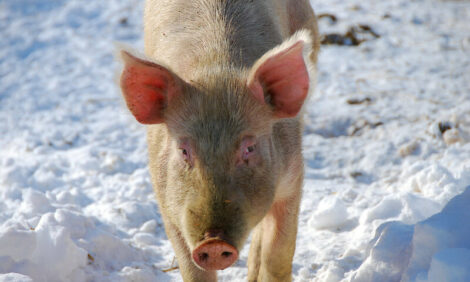



Illegal Additive Buyers for Food Must Give Names
CHINA - People loading up on a wide range of drugs and additives will no longer be able to do so anonymously after the government made another move to try to stamp out the use of illegal ingredients in food.The Ministry of Agriculture on Wednesday called for local authorities to take the names of anyone buying any items from a list of 151 substances that are commonly abused by people producing tainted food.
The list of substances that can no longer be bought anonymously include clenbuterol, malachite green and melamine - additives at the center of recent scandals involving unsafe food.
Melamine-tainted baby formula sickened about 300,000 infants in 2008 and took the lives of six children who died because of kidney stones and other kidney damage. In a recent incident, police in Southwest China's Chongqing confiscated more than 25 tons of milk powder contaminated with melamine earlier this year.
Clenbuterol is another major worry for Chinese consumers. The country's largest meat processor, the Shuanghui Group, apologized last month for selling pork products that contained clenbuterol, an additive that makes pigs leaner but causes health problems in humans.
In late April, the central government launched a campaign to fight the use of illegal additives and found that some local authorities were paying less attention to the challenge than others while some counties and villages were completely failing to fulfill their responsibilities to ensure food is safe.
"The main problem is the incomplete control of the production, sale and use of prohibited substances. The real-name policy will help solve that problem," Chen Xiaohua, vice-minister of agriculture, told government officials during a video conference on Wednesday.
Food safety experts welcomed the initiative.
"The real-name policy is the most effective way to regulate the use of additives. It will stop illegal additives entering the food chain," said Sang Liwei, a Beijing food safety lawyer and representative of the Global Food Safety Forum, a non-governmental organization.
"The system will build up a database for watchdogs that will provide documented proof that can be used in later investigations, if there are violations."
The ministry also requires manufacturers of the 151 drugs and additives to print warnings on packages saying they are "strictly prohibited for use in animal feed and drinking water".
"The feed manufacturers will be told to pay attention to the warning signs and avoid the misuse of additives," Mr Chen said.
The ministry did not detail how people will be punished if they violate the rules.
Food safety experts said suppliers of the forbidden additives and those who use them improperly should be charged with aiding and abetting.
Successive news reports about food safety threats have pushed the issue into the spotlight but experts said the increased awareness of the problem doesn't mean things are getting worse.
"Actually, China's food safety is improving," Mr Sang said. "But the extra attention from the public will promote stricter supervision."








